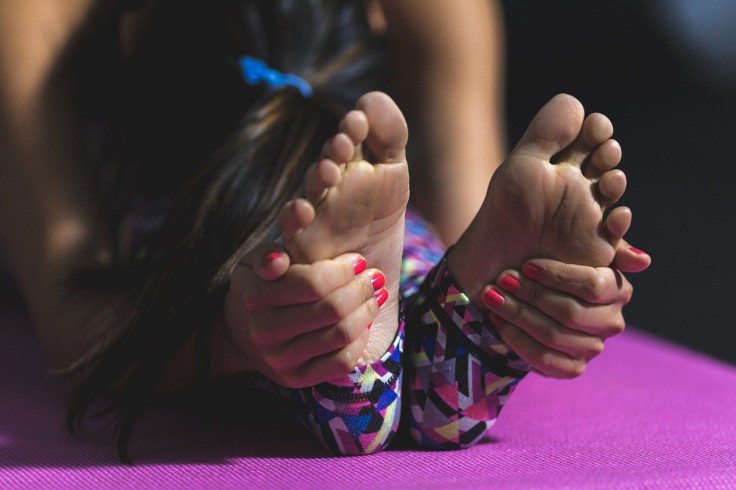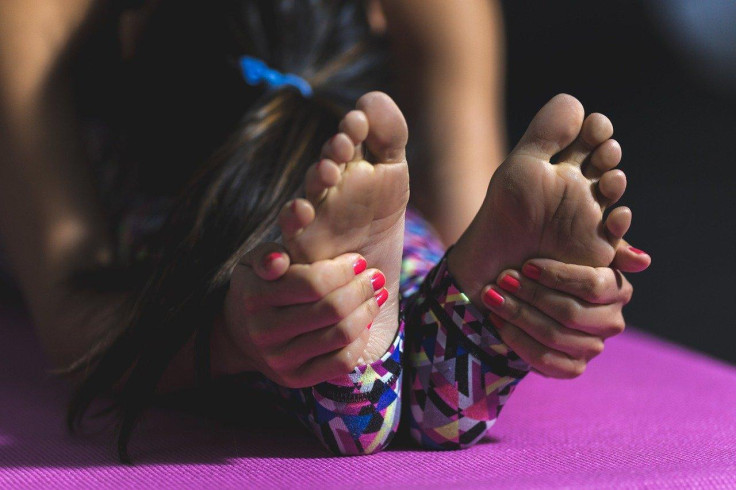Pandemic Saw US Adolescents Exercise Less, Stress More: Study

Physical activity among U.S. adolescents dropped in course of the COVID-19 pandemic compared to pre-pandemic levels, which in turn has been linked to outcomes such as poorer mental health and more stress about the pandemic.
Regular physical activity has "numerous psychological and physical benefits." However, only less than a quarter of adolescents in the U.S. actually meet the Physical Activity Guidelines for Americans, which recommends at least 60 minutes of moderate to vigorous physical activity (MVPA) per day for those aged six to 17 years, the researchers of a study, published in Preventive Medicine Reports, noted.
For their study, the researchers took a close look at adolescents' MVPA during the pandemic and determined the "mental health and resiliency factors associated with MVPA." The sample consisted of adolescents in the 10 to 14 years age group. The data was collected in May 2020.
Before the pandemic, 16.1% of the cohort met the MVPA guidelines, however, during the pandemic, only 8.9% met the MVPA guidelines, the study found.
"The pandemic led to the cancelation of in-person physical education classes and organized sports, gym and recreational facility closures, and rises in screen use, which all contributed to lower physical activity for teens," study lead author, Jason Nagata, MD, of the University of California, San Francisco, said in a news release from the University of Toronto.
Adolescents from racial/ethnic minorities as well as those from lower socioeconomic status households were "significantly" less likely to meet the guidelines during the pandemic. Notably, only 0.1% of Native American adolescents met the MVPA guidelines.
"We noted important racial and socioeconomic disparities in physical activity which may reflect unequal access to safe, outdoor recreational spaces," study co-author, KyleT. Ganson, Ph.D. of the University of Toronto, added.
Lower physical activity was linked to poorer mental health, lower levels of coping skills, more worry about the pandemic and greater stress. On the other hand, higher MVPA during the pandemic was associated with coping behavior and social support.
"Parents should encourage their children to move more and sit less," Nagata said, noting that physical activity can actually "support young people's physical and mental health."
The researchers also recommend health care providers assess MVPA during adolescent visits, particularly among minorities or those from lower socioeconomic backgrounds. Schools may also offer "home-based physical education options," while communities may prioritize access to public recreation spaces.

Photo: Pixabay





















